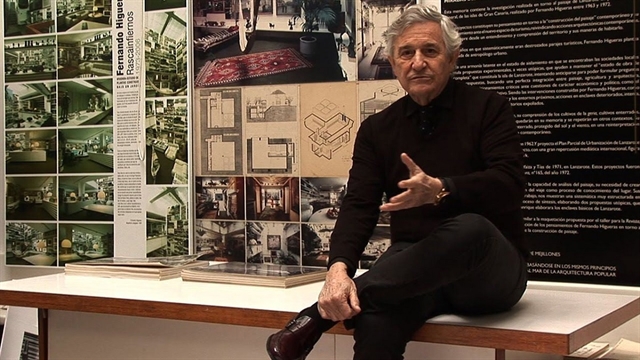 |
|
Spanish architect Salvador Pérez Arroyo. — Photokienviet.net |
The Happy Streets exhibition will introduce 39 photographic works of various sizes, extracted from the book of the same title of the architect, which he published early this year.
However, the opening ceremony of the photo exhibition, which was scheduled to take place on July 31 with the participation of Arroyo and the Spanish ambassador to Viet Nam, María Jesús Figa López-Palop, was cancelled due to the ongoing COVID-19 pandemic in the country.
Spanish architect Arroyo was born in 1945 in Madrid and is currently living in Hanoi. He has lectured at many universities in England, Italy, Poland and the Netherlands, in addition to being a speaker at many international conferences in Berlin and Copenhagen.
Some of his notable architectural projects in Viet Nam include Quang Ninh Library and Museum in the northern province of Quang Ninh that won the "Construction of the Year 2013" award, Diamond Tower (Marriott Courtyard Danang) in central Da Nang City. In addition to his outstanding career as an architect, he is also the author of many books and newspapers.
Besides architecture, Arroyo also has a passion for photography. Since moving to Viet Nam in 2009, he has taken many photos that truthfully reflect moments and instants from real life in many cities across Viet Nam.
“I was looking into my significant life period in Viet Nam to preserve these special instants in open urban spaces: streets, squares, or landscapes. I was looking for happy and intense images to transmit a positive message about life and culture of modern Viet Nam,” wrote Arroyo in the introduction to his book.
“Viet Nam today is a modern country, which changes faster every year. Public spaces are full of creativity, dynamism and young people – wearing the same clothes, listening to the same music, and with similar habits to young people around the world. We also can’t say Vietnamese street culture is far from tradition. The word ‘Fusion’ can be used here.
“It’s always a big surprise to find modern life supported by young people but perfectly mixed with traditional roots,” he added.
The choice of black and white is an intentional choice to draw attention to things that are constant and unchanging. According to the author, the black and white will make the image “reduced to its essential qualities”.
Happy Streets exhibition will run until August 16 with free entrance. — VNS/VNA